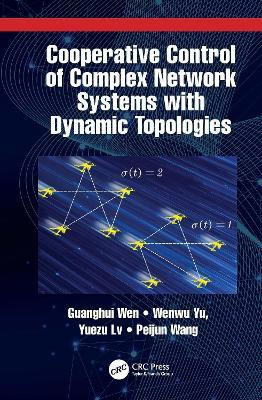Cooperative Control of Complex Network Systems with Dynamic Topologies(English, Hardcover, Wen Guanghui)
Quick Overview
Product Price Comparison
Far from being separate entities, many social and engineering systems can be considered as complex network systems (CNSs) associated with closely linked interactions with neighbouring entities such as the Internet and power grids. Roughly speaking, a CNS refers to a networking system consisting of lots of interactional individuals, exhibiting fascinating collective behaviour that cannot always be anticipated from the inherent properties of the individuals themselves. As one of the most fundamental examples of cooperative behaviour, consensus within CNSs (or the synchronization of complex networks) has gained considerable attention from various fields of research, including systems science, control theory and electrical engineering. This book mainly studies consensus of CNSs with dynamics topologies - unlike most existing books that have focused on consensus control and analysis for CNSs under a fixed topology. As most practical networks have limited communication ability, switching graphs can be used to characterize real-world communication topologies, leading to a wider range of practical applications. This book provides some novel multiple Lyapunov functions (MLFs), good candidates for analysing the consensus of CNSs with directed switching topologies, while each chapter provides detailed theoretical analyses according to the stability theory of switched systems. Moreover, numerical simulations are provided to validate the theoretical results. Both professional researchers and laypeople will benefit from this book.


